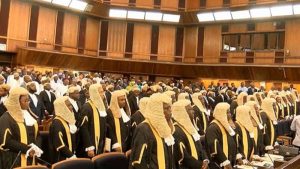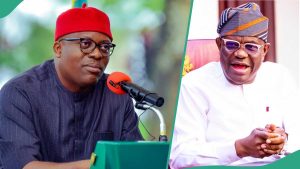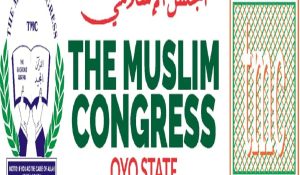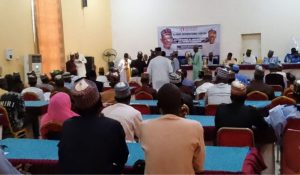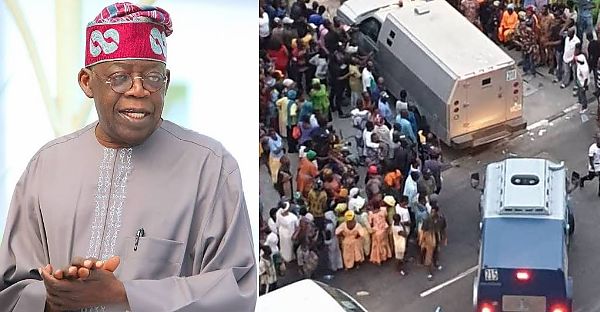
At CSR Reporters, we stand firmly against corruption in all its forms. Our commitment to promoting accountability and transparency in leadership is unwavering. However, we cannot remain silent when the very mechanisms meant to expose corruption are riddled with the same flaws they claim to fight against.
The recent inclusion of Kenyan President William Ruto and Nigerian President Bola Ahmed Tinubu as finalists for the 2024 Organized Crime and Corruption Reporting Project (OCCRP) raises serious concerns—not just about the accusations leveled, but about the integrity of the organization itself.
A Questionable Process
For an organization that claims to champion justice and accountability, OCCRP has failed to demonstrate the transparency required of its processes. The lack of a clear methodology, undisclosed sources, and opaque evidence trails all point to a process that is more about perception than proven facts. Justice must be based on irrefutable evidence, not on selective narratives designed to tarnish reputations.
Who Benefits?
It is also worth noting that OCCRP’s funding sources raise critical ethical questions. How can an organization funded by entities with direct ties to beneficiaries of corruption claim to be an impartial arbiter of integrity? This glaring conflict of interest undermines their legitimacy and suggests that their work may serve hidden agendas rather than the public good.
At CSR Reporters, we do not support corruption, nor do we defend those who exploit public trust for personal gain. But we strongly frown on using corrupt, non-transparent methods to pass judgment on perceived enemies. True accountability must be pursued through honest and ethical practices, free from vested interests and ulterior motives.
The fight against corruption is too critical to be left in the hands of organizations that fail to uphold the very standards they demand from others. If OCCRP is serious about combating corruption, they must begin by cleaning up their own house.




